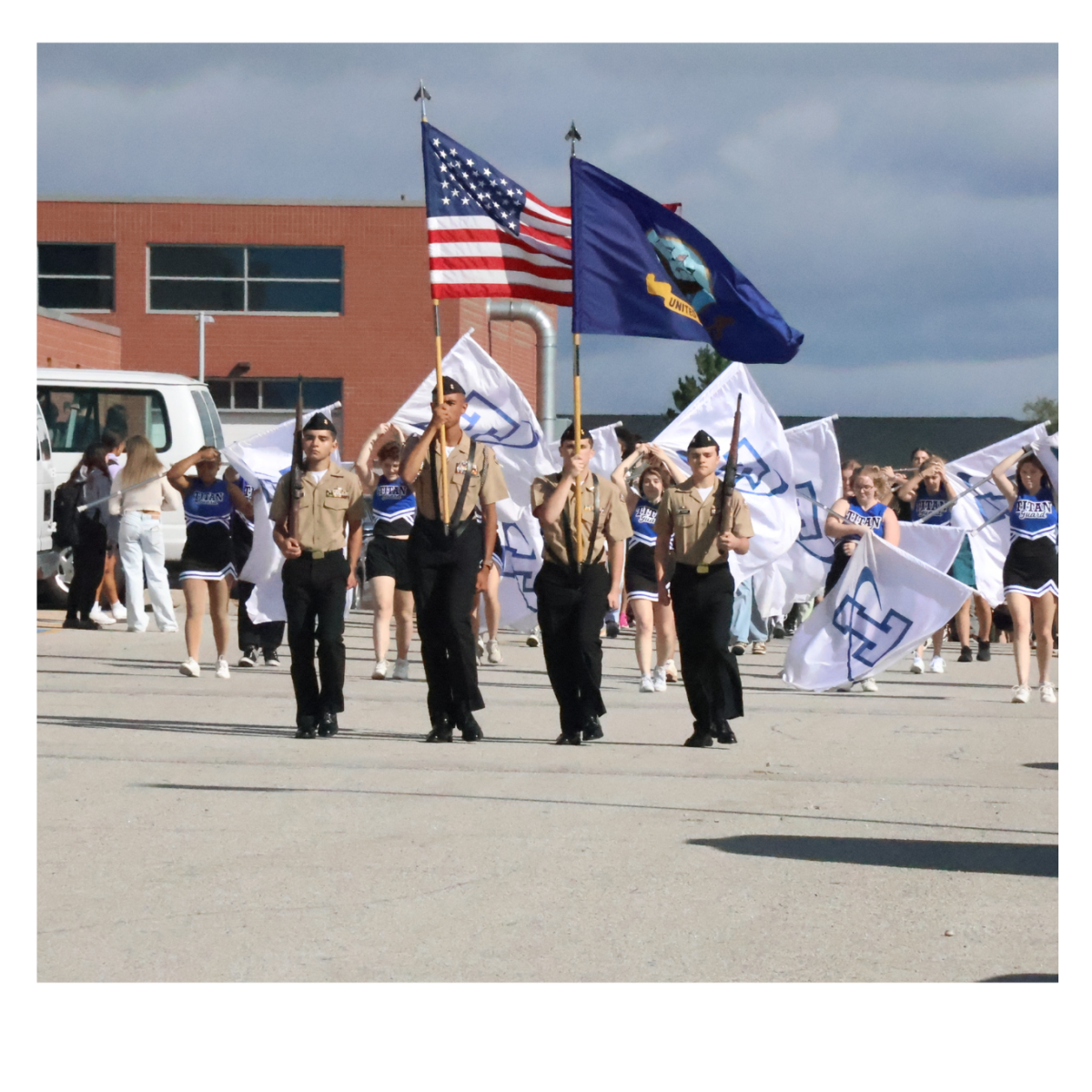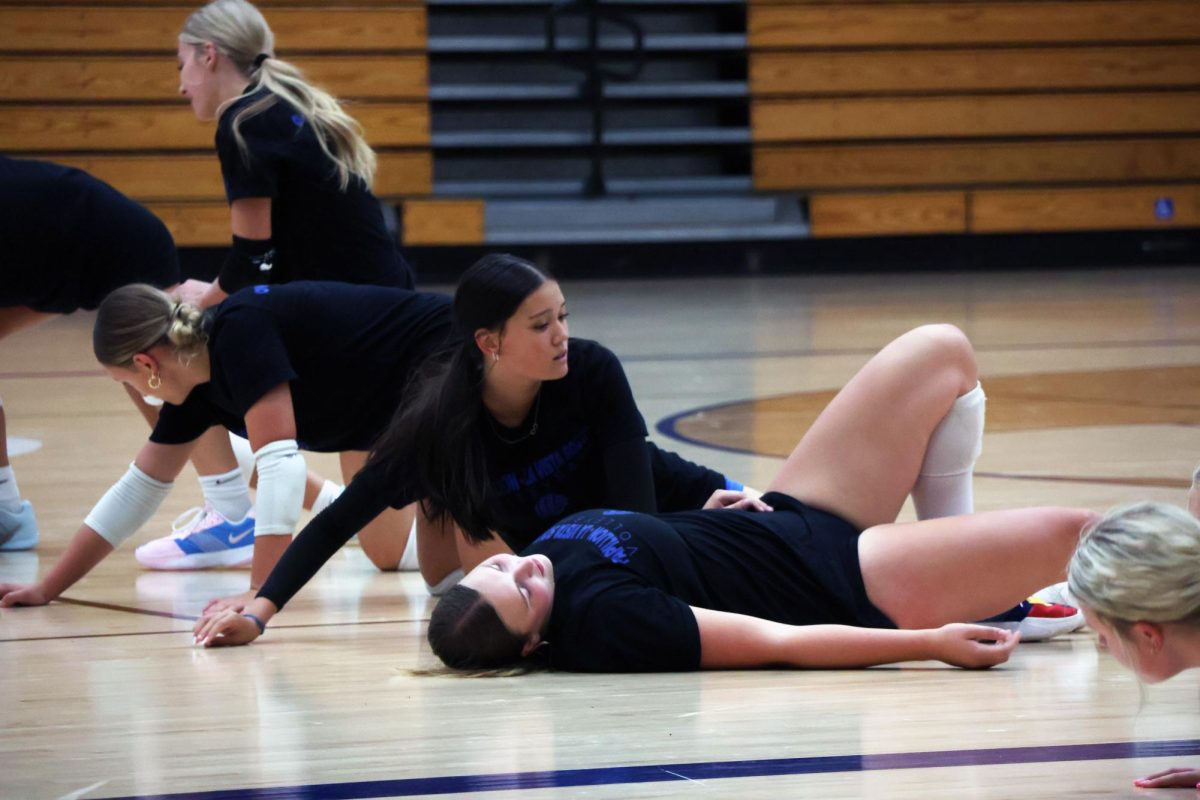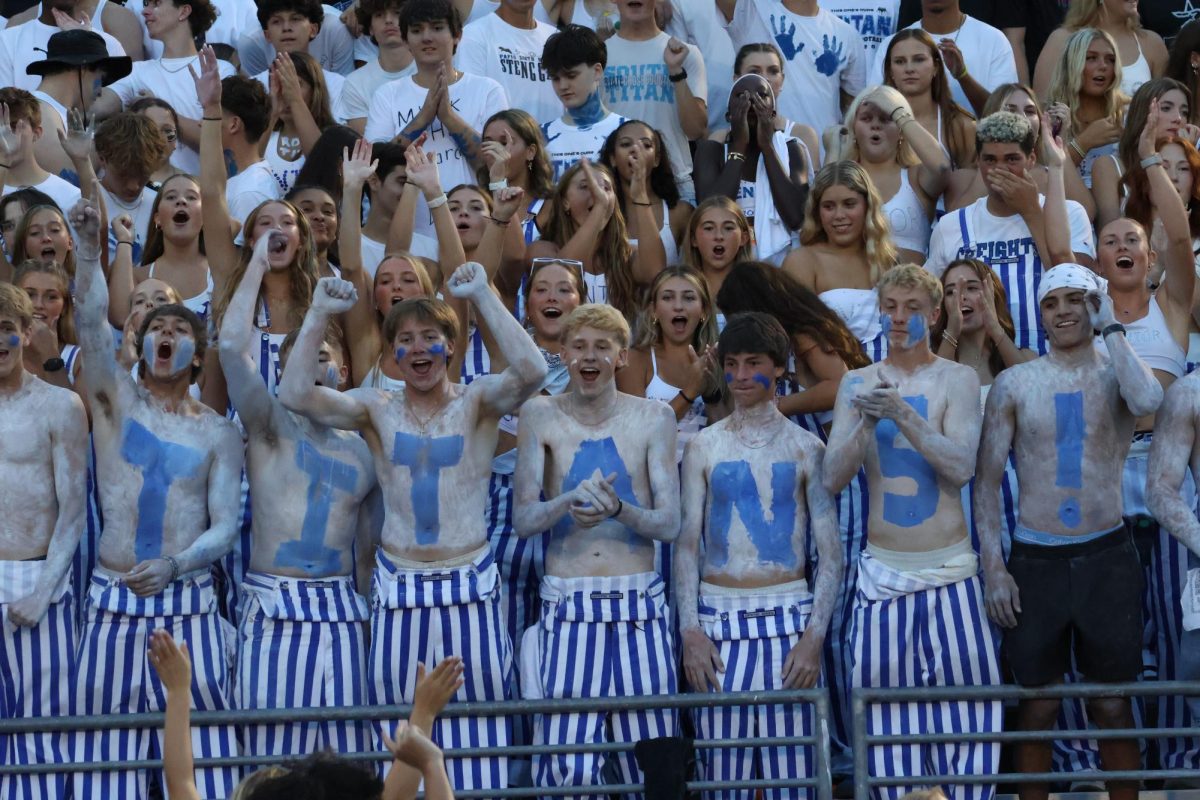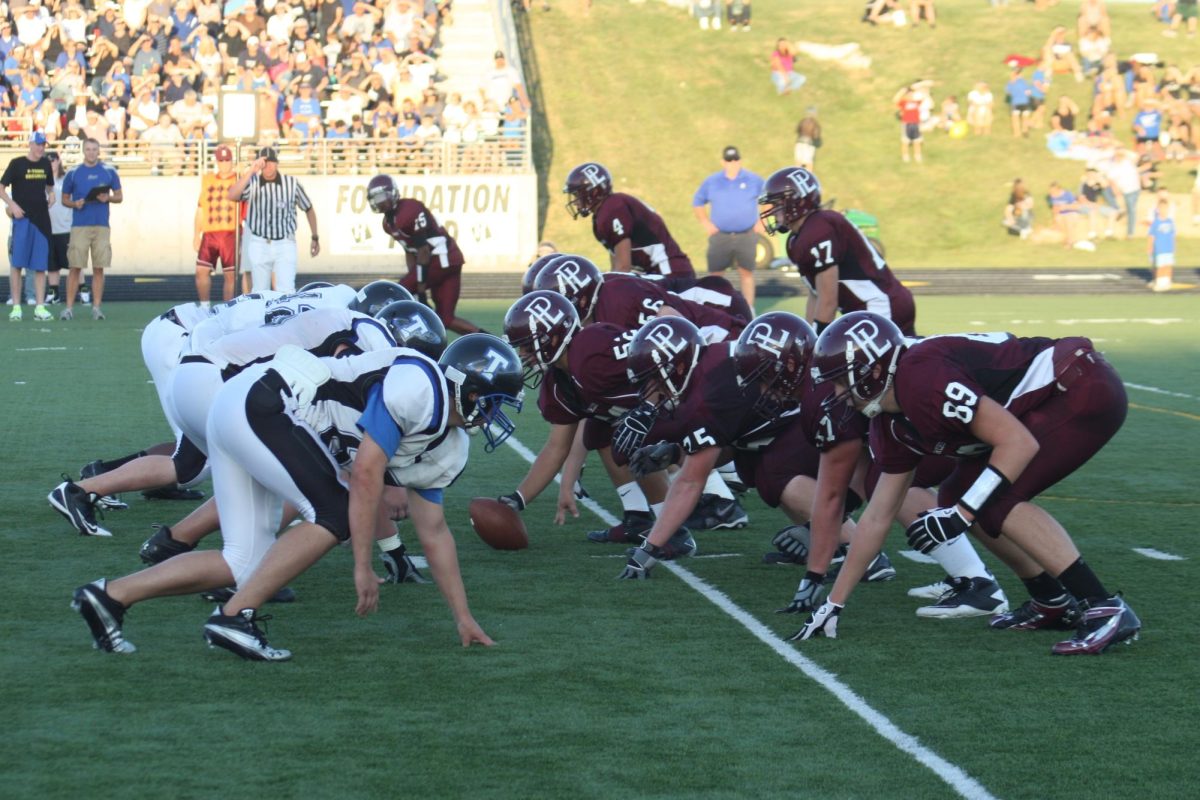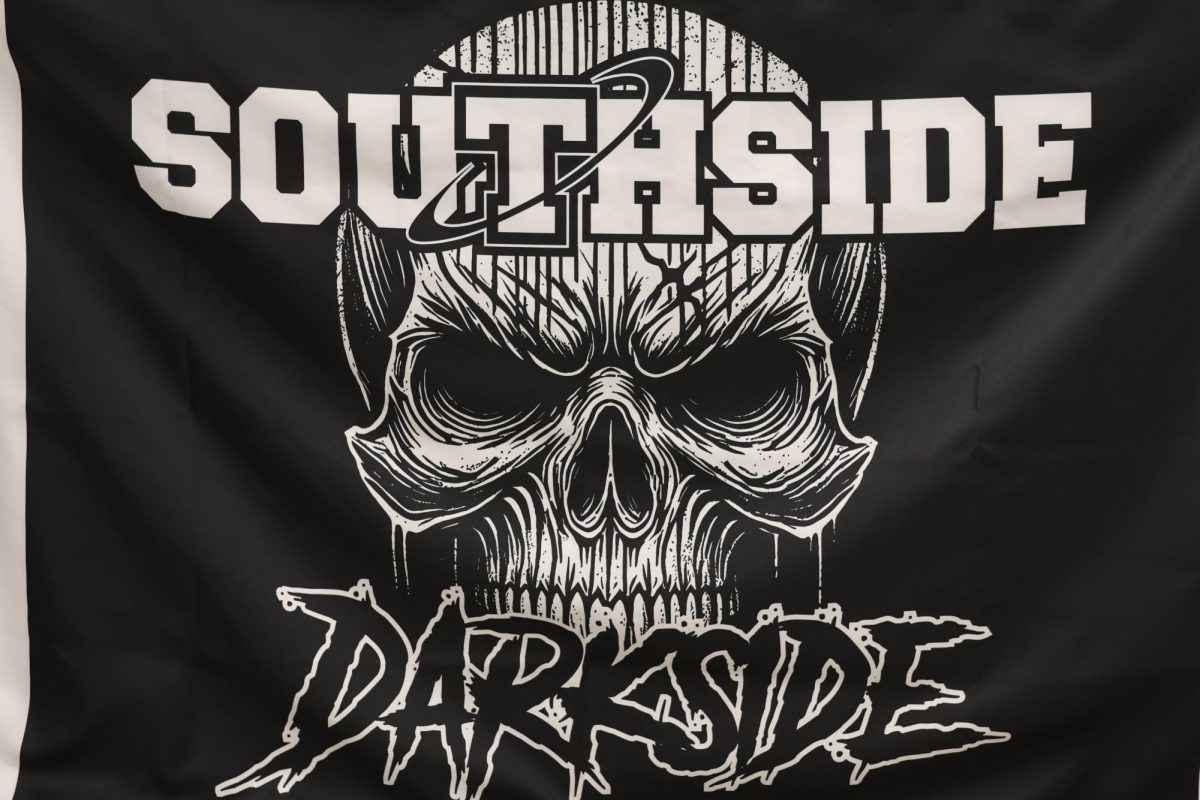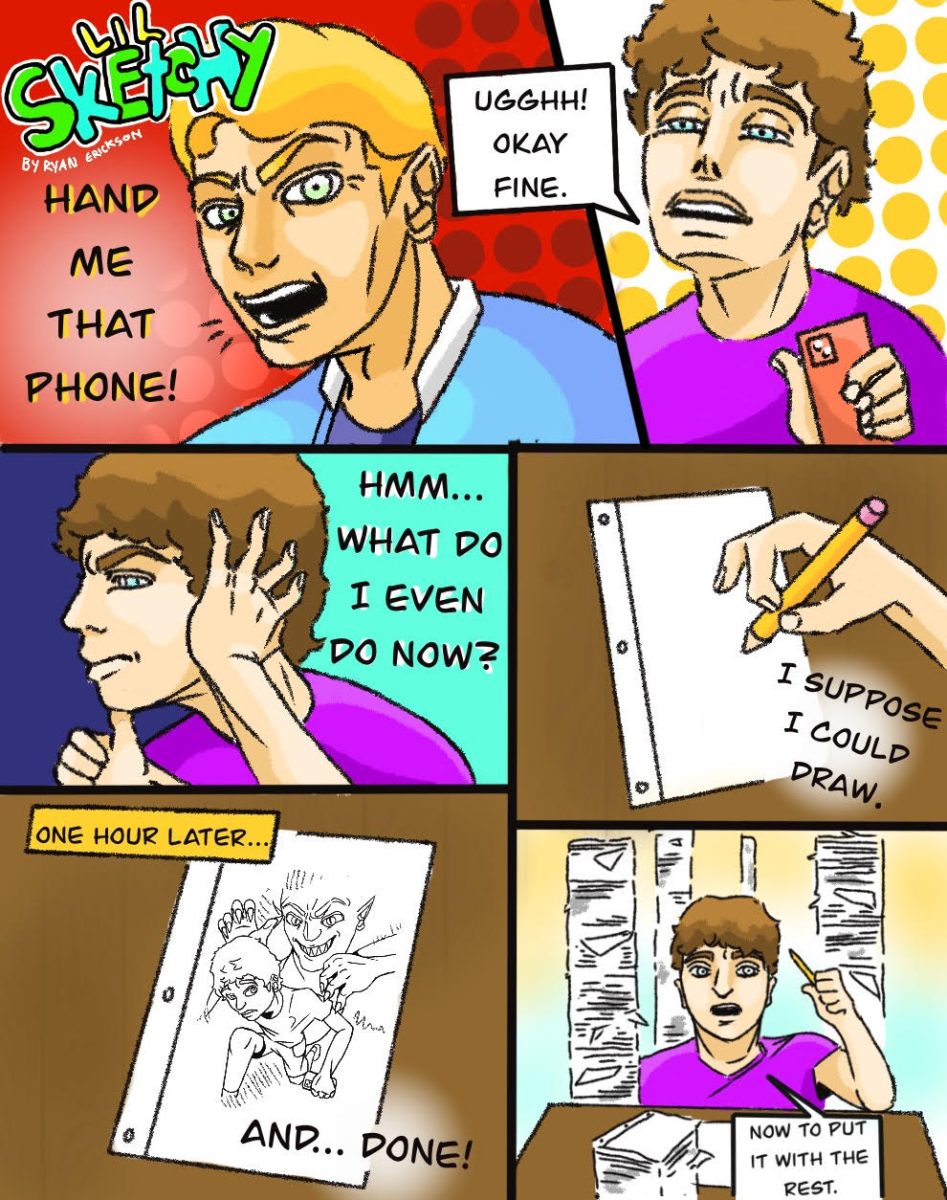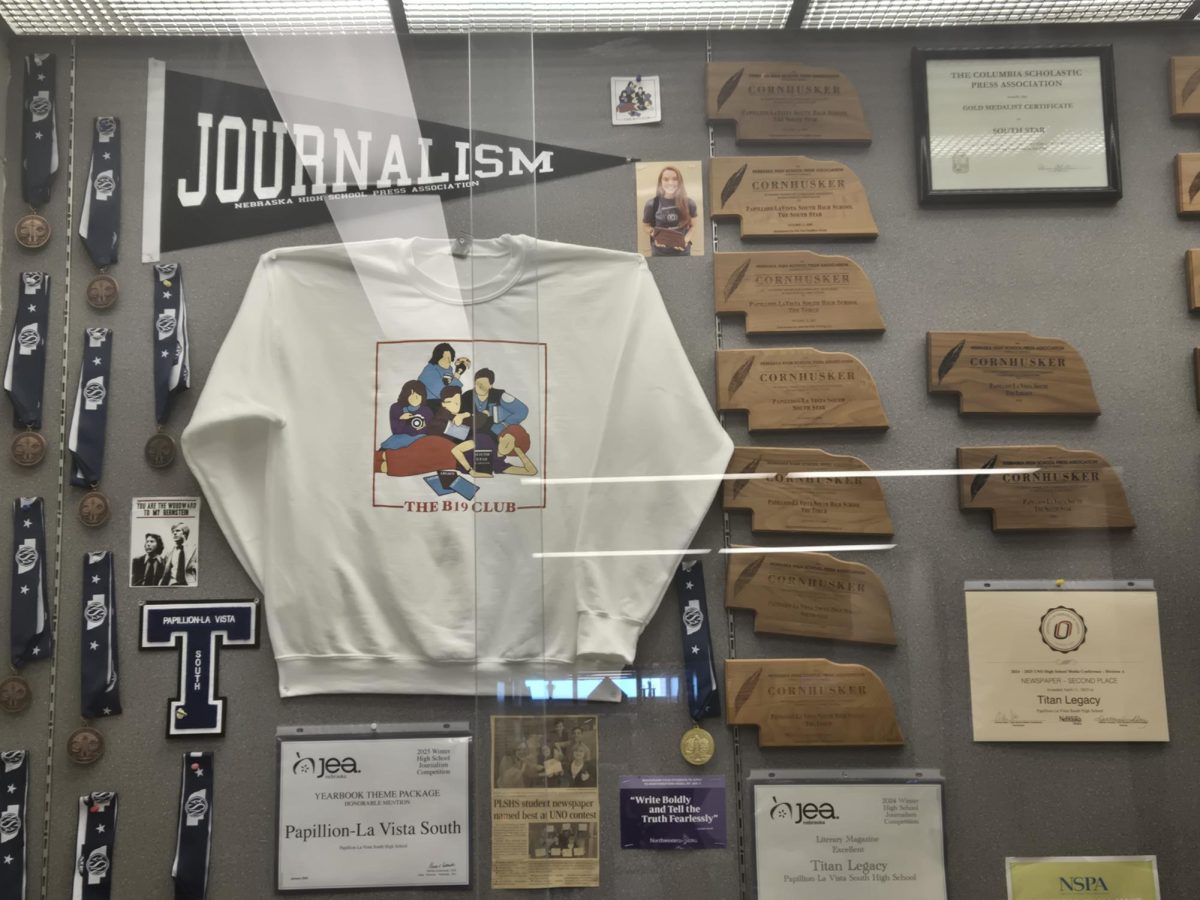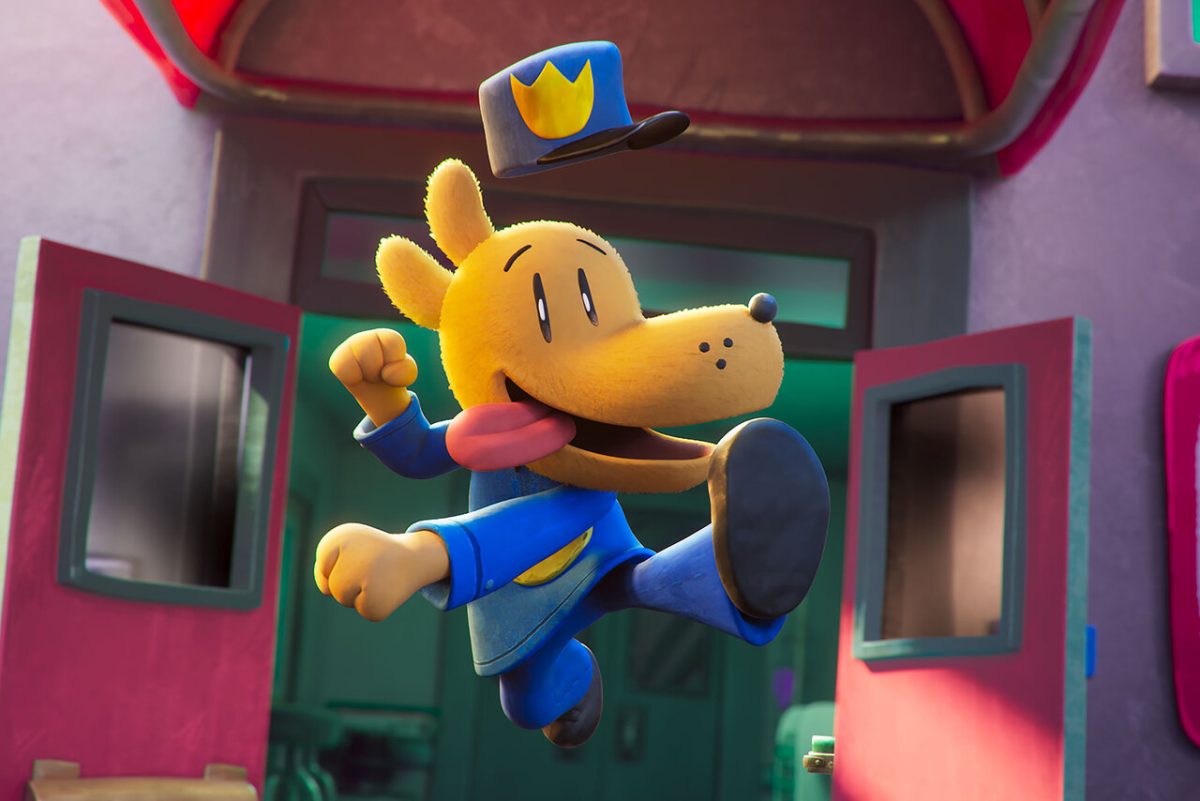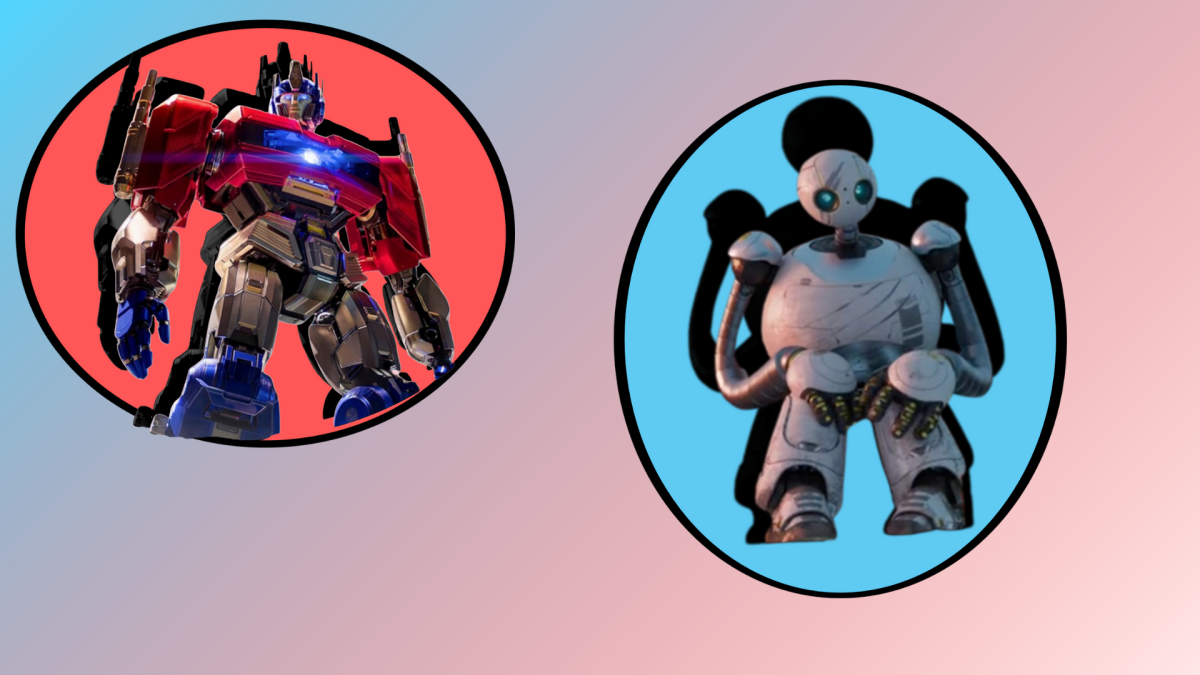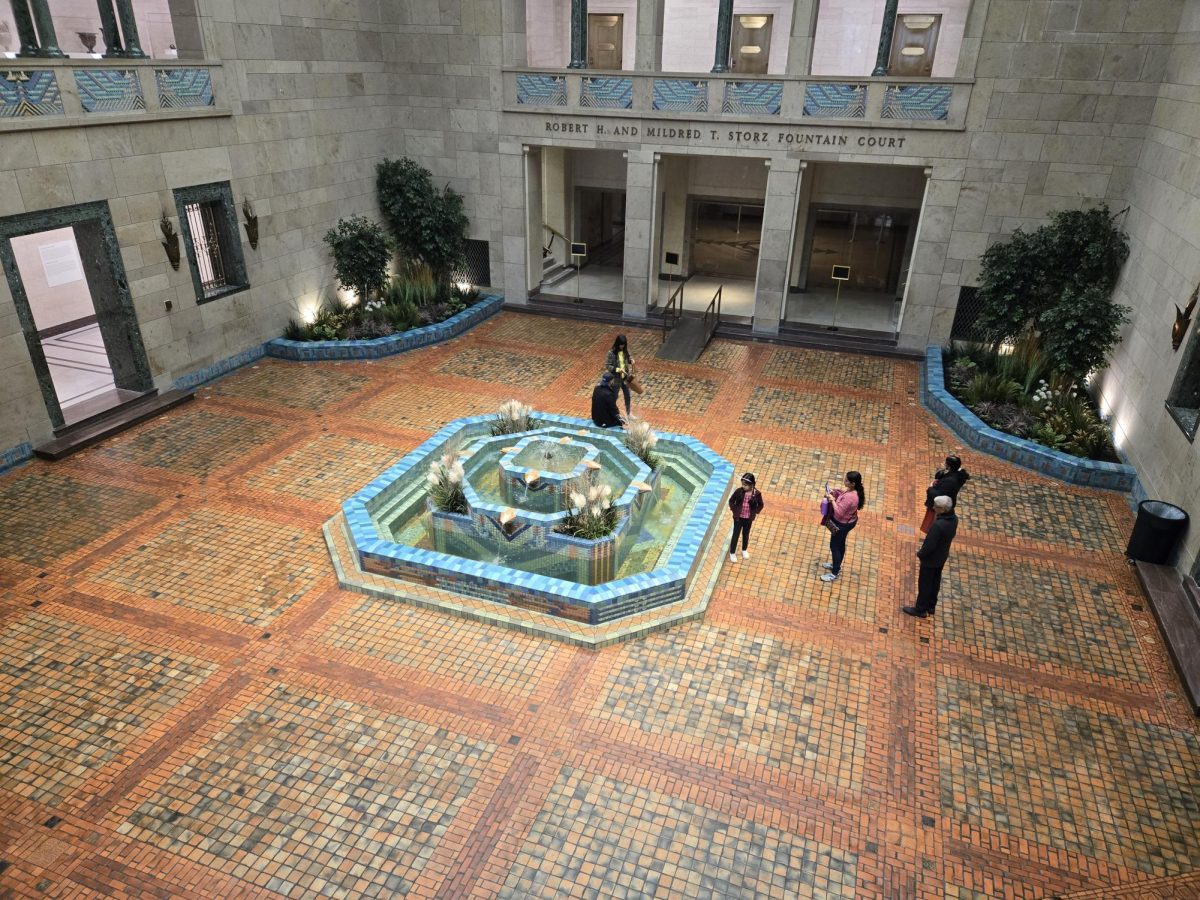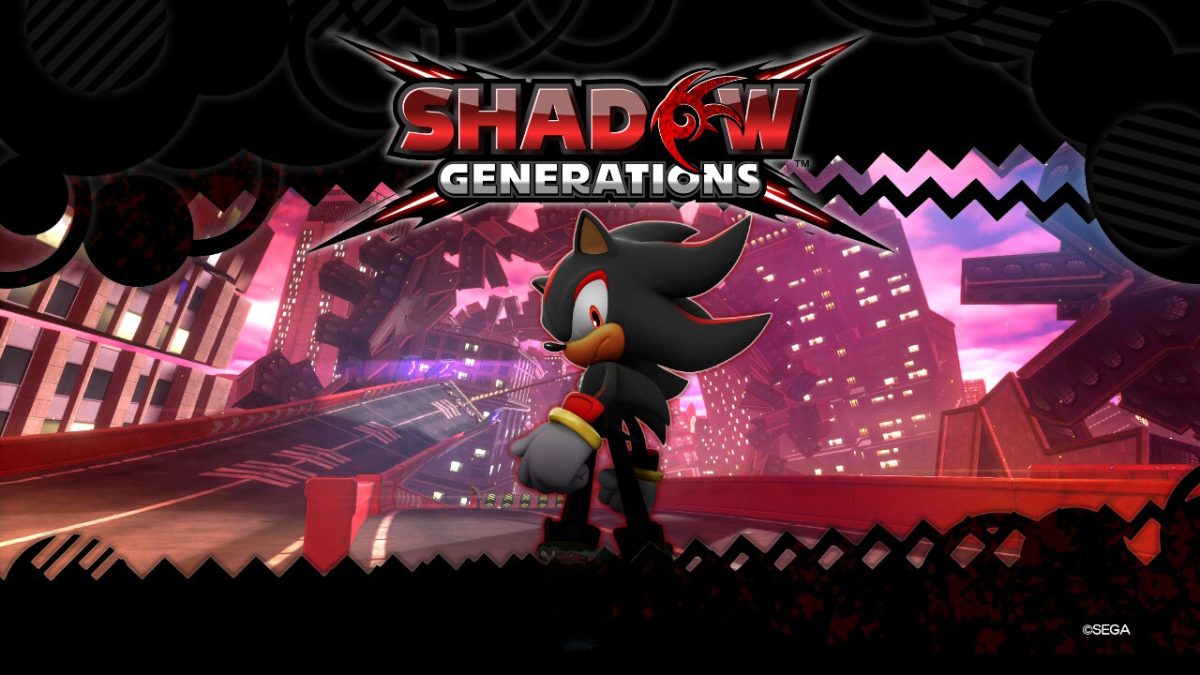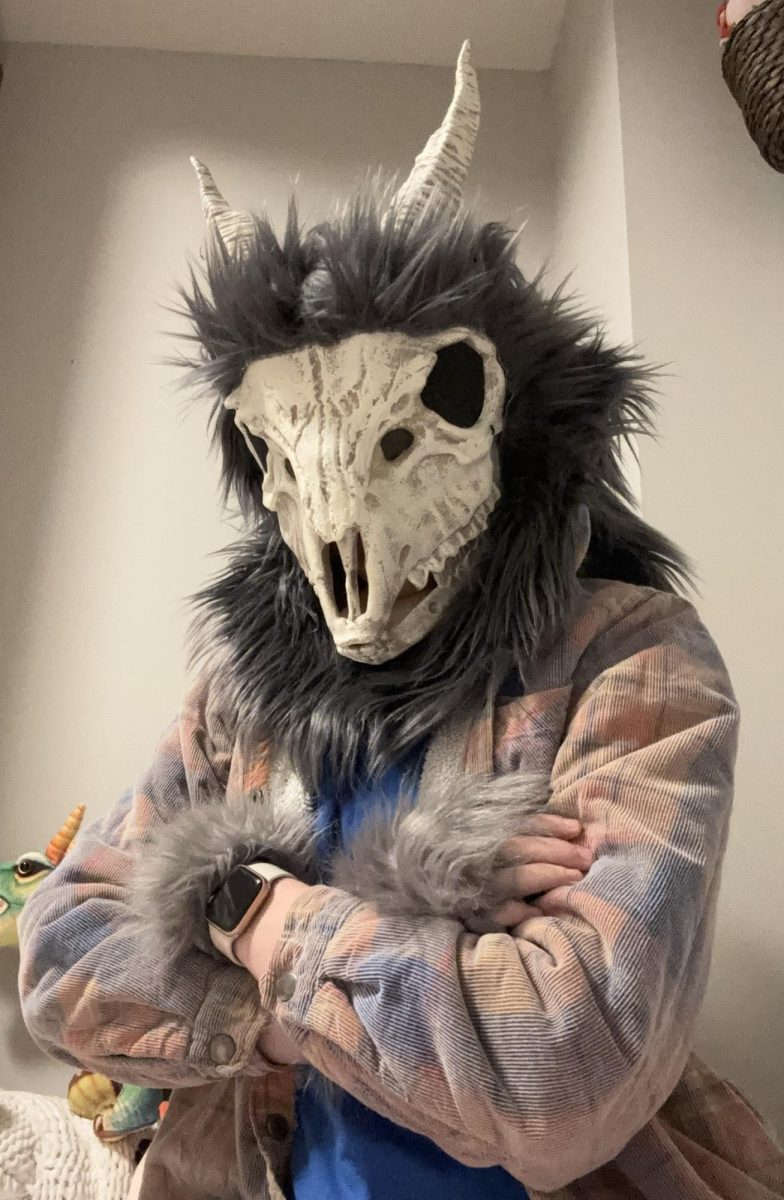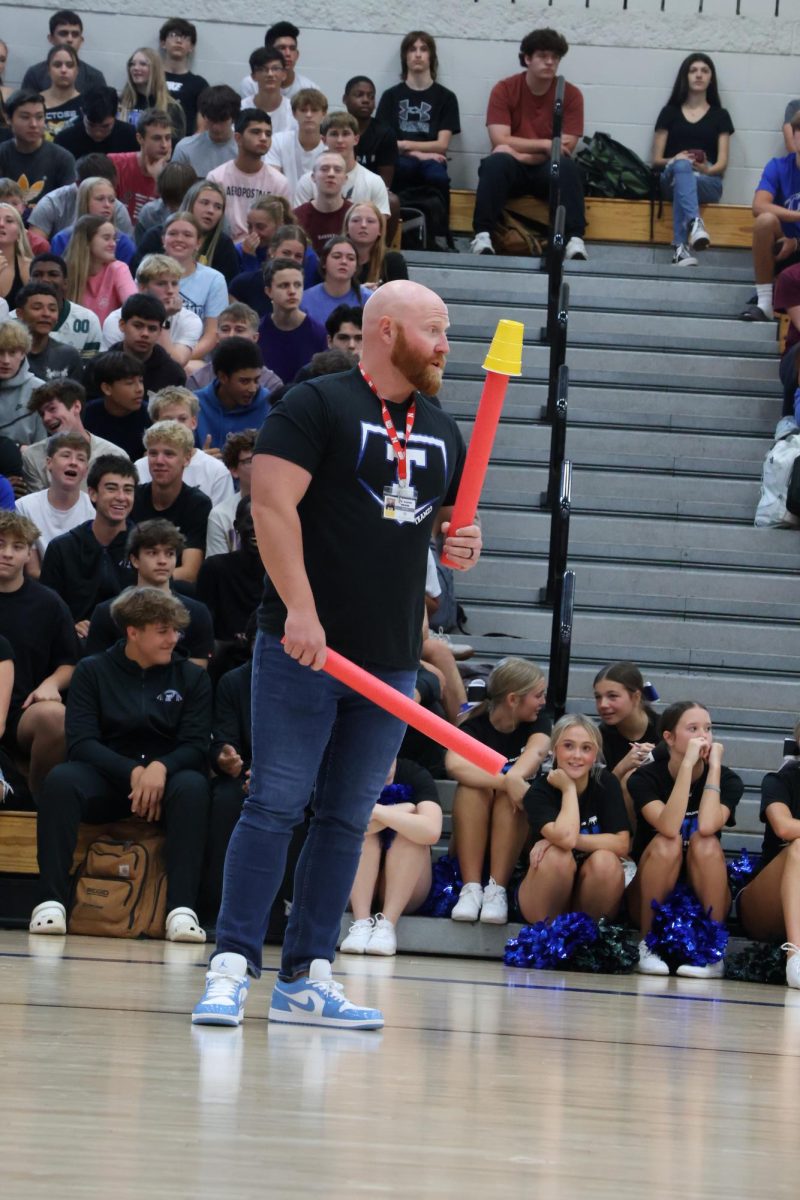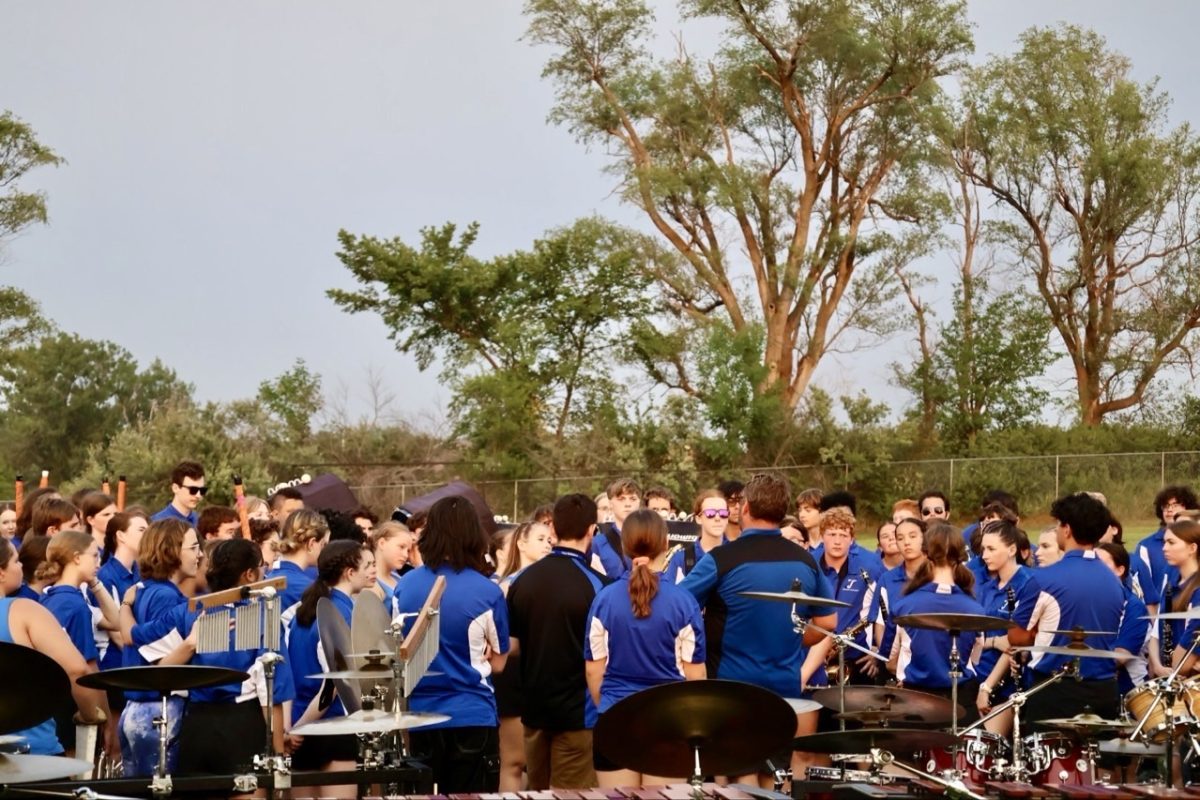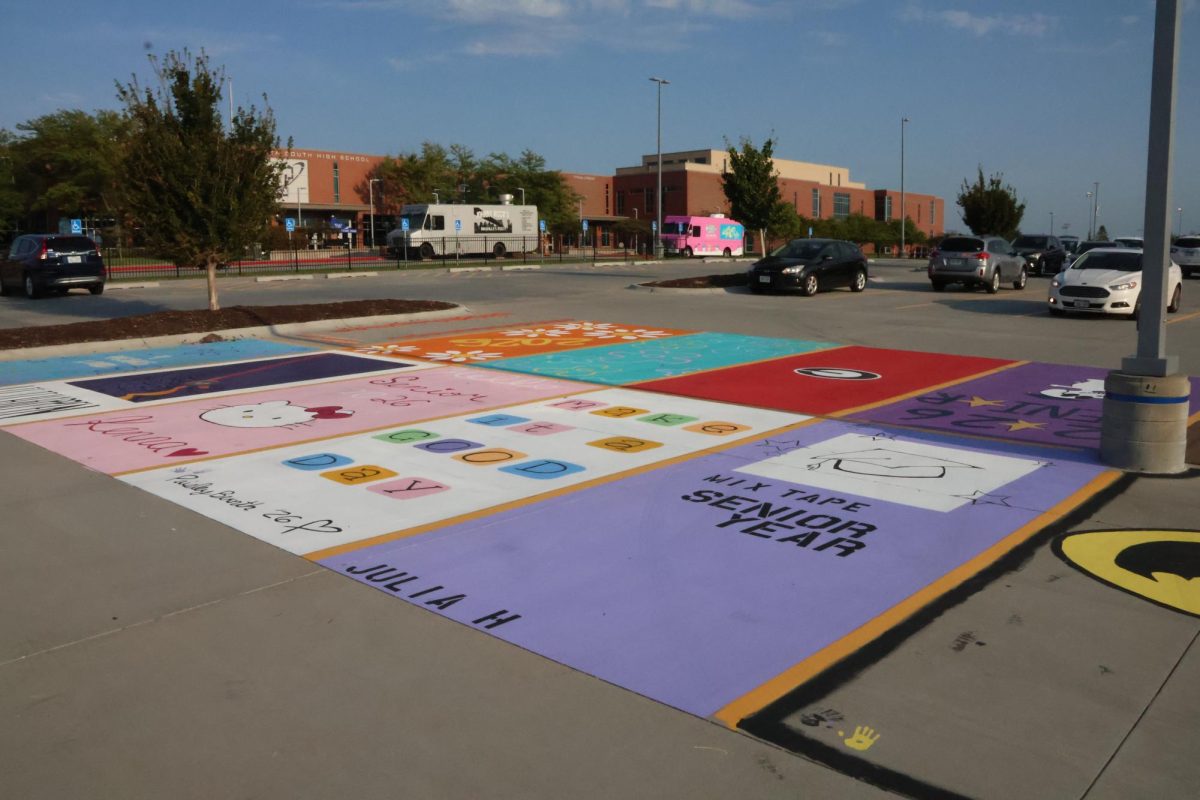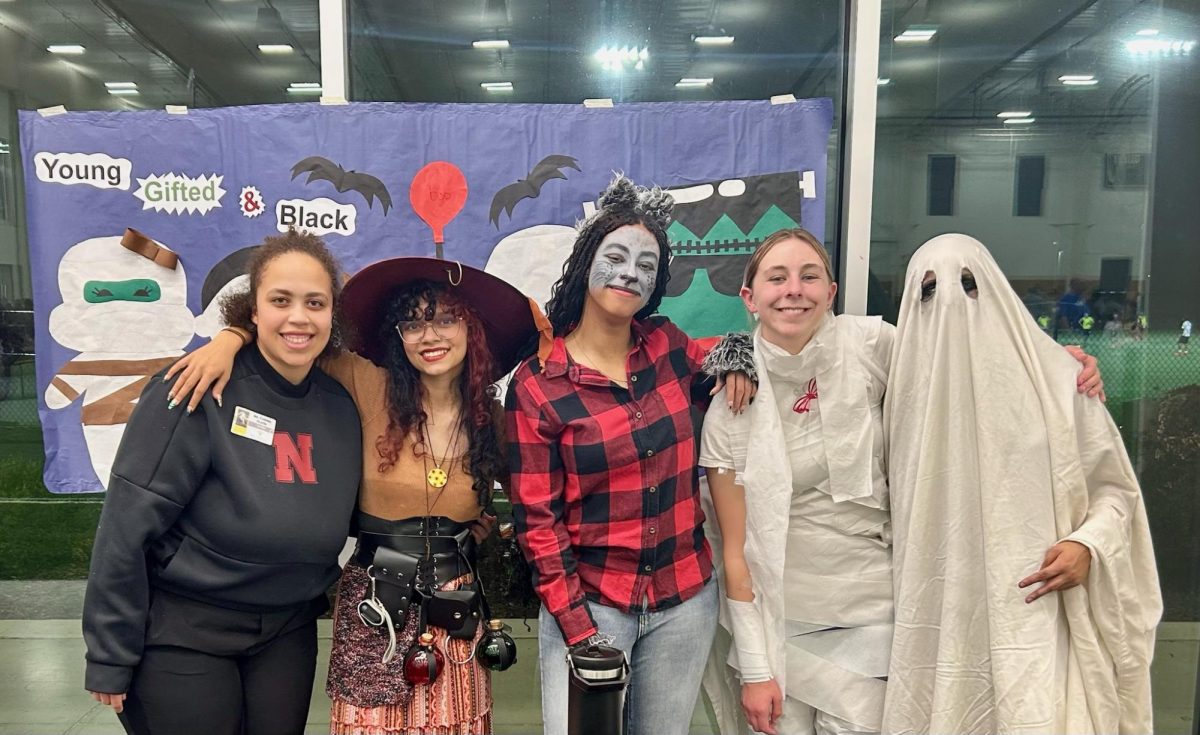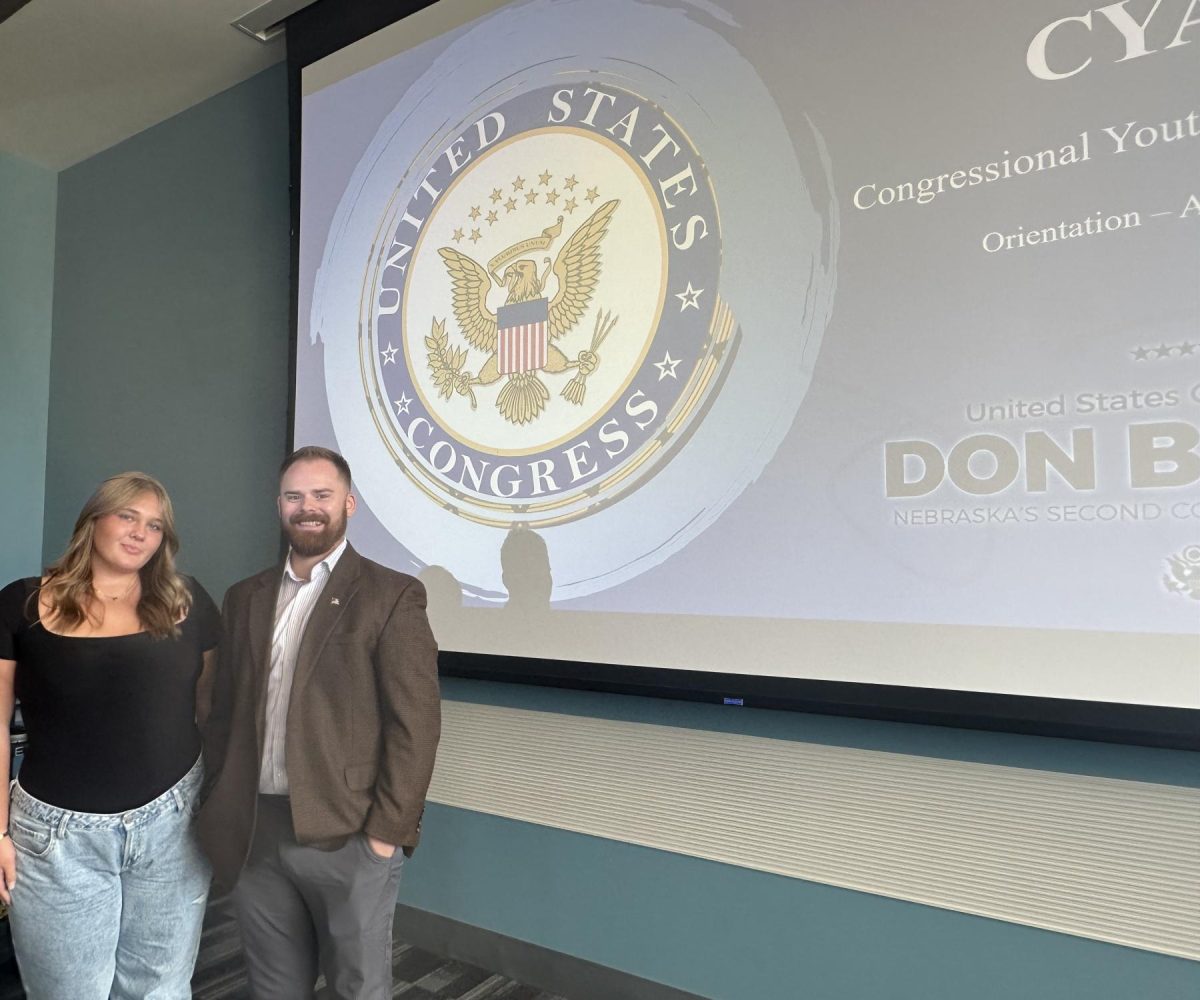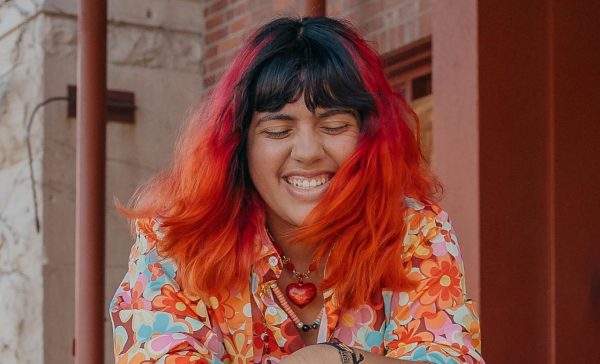The United States of America has always been thought of as a “melting pot,” which means that it’s made up of a variety of cultures that are all mixed together; and it’s no different for Papio South, with its various culture clubs: Young, Gifted and Black; Latino Leaders; Titans Unite, and the Asian American Pacific Islander Association.
Senior Marvin Pham serves as president of AAPIA. This club sprouted somewhat recently, with inspiration drawn from existing culture clubs, specifically the PLHS Monarchs’ Vietnamese Student Association.

“I didn’t think about running one, or being a president of one, but I was just thinking: ‘Wow, we should really have a club for Asian people to be in, because if [Monarchs] have a club, then we should, too,’” Pham explained. “[Monarchs] already had other culture clubs, like we have YGB, Latino Leaders here, so we were just missing that Asian American type of club.”
Pham was given the opportunity to begin Papio South’s newest Asian American club, with the other culture club presidents taking on pedestals passed on to them by peers previously in the position. This year, YGB is headed by senior Malayah Ginsburg, Latino Leaders by freshman Mirella Sanchez, and Titans Unite by senior Latin Plebanek.
As they all focus on different cultures, it is difficult to entirely encompass the varying experiences that come from being considered a minority. The leaders have been subject to exclusion, bullying, or general ignorance by people who do not understand their differences.
Ginsburg spoke on this, explaining her experience as an African-American student in elementary school, and how she was treated as a result.
“In elementary school … I didn’t fully understand it then, because I was just confused with why they were doing it, but people would try and pull my hair because they thought it was a wig,” Ginsburg expressed. “Then it was just a lot of, ‘You’re so exotic, I wish I was as tan as you,’ and … it’s not from me being out in the sun, it’s from me being melanated.”

Ginsburg went on to say, “It’s people that mean well with what they’re saying, but they don’t realize the effect that they have with what they’re saying. You don’t have to experience my experience to know my pain.”
Physical and cultural differences such as these put an emphasis on the importance of students having a place to share their stories with people who understand and can relate.
Sanchez said Latino Leaders was that type of place for her: a place where she could be around people with similar experiences.
“It’s somewhere where I feel seen, it’s somewhere that I can, every week, come to, and be around people that are like me, you know?” Sanchez shared. “It’s not necessarily just about being Latino… It’s deeper than that. It’s how we grew up, how our parents are, our families and all that stuff.”
It goes without saying not every individual has gone through the experience of being a minority, which can make it hard for many to relate. Pham tries to explain the feeling of disparity, anyone uprooted from their home would have to go through, and the adjustments they inevitably would have to make.
“If you were put into a different country… – if you’re put into our home country instead – you would feel the exact same way, and you would feel the exact same experiences…,” Pham said. “If a white person were to move to Japan, it’s very different there. The way things work is very different there, but you would still try to adapt to it and try to move along with the culture… That’s how I explain it to [others], to see our point of view.”
Plebanek spoke more on this, specifically on behalf on Papio South’s LGBTQ+ students.
“I was very… kind of, targeted, ‘cause I was very outward [in middle school]… I’m still very outward, but I find in high school a lot more people are accepting of it,” Plebanek said. “I think other people just sometimes have to realize, not everybody is like you.”
The leaders expressed that these cultural characteristics, and getting the chance to hold space with people who share them, made the clubs especially significant to them as well as other members. Plebanek described this significance with her own club.
“Titans Unite exists to be a safe place where people can be who they are without judgment, or anything like that,” she explained. “Not everybody gets to be themself during the school day. Lots of people, this is the only place where they can, and I strive to be that place.”
The culture clubs are an important part of Papio South, for their leaders, as well as members. Students of all kinds have the opportunity to become involved in these clubs, even if not directly connected to the identified culture itself.
Sanchez highlighted a sense of unity not only among students, but the other culture clubs as well.
“We’ve been talking in Latino Leaders about doing other things with the other [culture] clubs that they have… Because it’s like a community,” Sanchez said. “Anybody can be a part of that community, and I think it’s just important to be able to connect with each other and more deeply understand each other.”
Each leader agreed, saying that the best way for students to contribute would be by getting involved. Even being outside of the club’s culture, all are looking to welcome members of any kind. As Sanchez said, it is for the importance of being able to connect and understand one another that these clubs exist and thrive. Not only for students of minority cultures, but for students looking to find community.


![Pictured above is a structure that displays the names of Nebraska Vietnam veterans in order to “honor [their] courage, sacrifice and devotion to duty and country.”](https://plsouthsidescroll.com/wp-content/uploads/2025/10/Trey_092625_0014-e1760030641144-1200x490.jpg)
